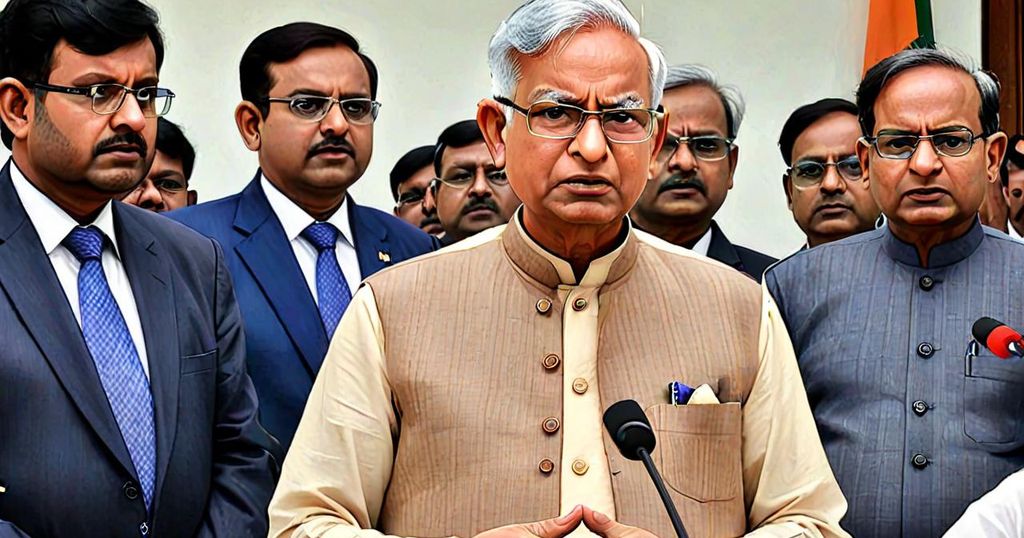India’s Support to Ousted PM Sparks Discontent in Bangladesh
The Bangladesh Nationalist Party (BNP), a prominent rival of Prime Minister Sheikh Hasina’s Awami League, has voiced its dissatisfaction with India’s decision to provide refuge to the ousted prime minister. BNP senior leader Gayeshwar Roy, a former minister in the 1991 BNP-led government, criticized India’s actions, stressing the importance of cooperation between Bangladesh and India. He emphasized that supporting their adversaries complicates the maintenance of that cooperation.
Nobel peace laureate Muhammad Yunus assumed leadership of Bangladesh’s caretaker government with the aim of guiding the country towards recovery after weeks of intense violence. Hasina’s current residence in New Delhi has caused discontent among some Bangladeshis towards India, with concerns raised about the impact on bilateral relations.
India’s foreign ministry responded to these concerns by stating that there were no updates on Hasina’s travel plans and that it was up to her to decide on the next steps. Prime Minister Narendra Modi congratulated Yunus and reaffirmed India’s commitment to collaborating with Dhaka to achieve the “shared aspirations” of peace, security, and development for both nations. Modi also expressed hope for a swift return to normalcy and emphasized the importance of ensuring the safety and protection of minorities in Bangladesh.
Meanwhile, Hasina’s Awami League is not represented in the interim government. Nonetheless, her son, Sajeeb Wazed Joy, took to Facebook to assert that the party remains active and is prepared to engage in discussions with opponents and the interim administration. The BNP, which has boycotted two national elections following the arrest of its leaders, has called for new elections to be held within three months.
The unrest leading to Hasina’s ousting was rooted in protests against government job quotas, which escalated in July and triggered a violent crackdown. The government’s handling of the protests drew international condemnation, further exacerbating the situation. Economic hardships and political repression also contributed to the unrest, with the COVID-19 pandemic severely affecting Bangladesh’s economy. The nation’s $450 billion economy, which had previously seen significant growth, suffered from soaring inflation, rising unemployment, and dwindling reserves.
The turmoil in Bangladesh has far-reaching implications, impacting not only the nation itself but also its relationships with neighboring countries. As the situation continues to evolve, it is crucial for all parties involved to engage in constructive dialogue and work towards sustainable solutions for the benefit of the people of Bangladesh and the broader region.








Post Comment